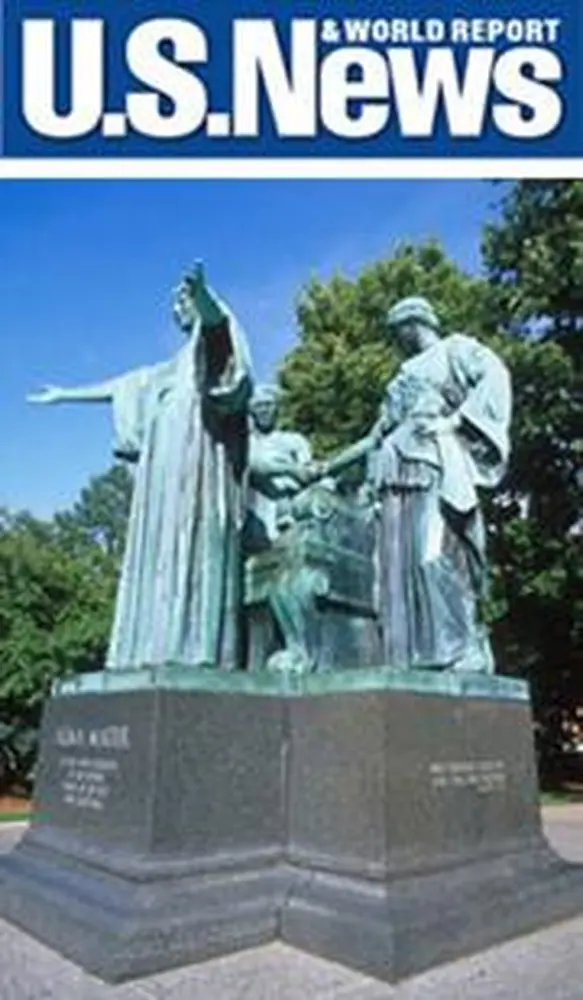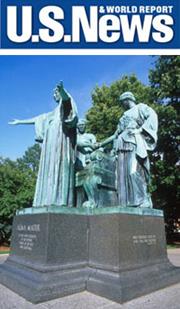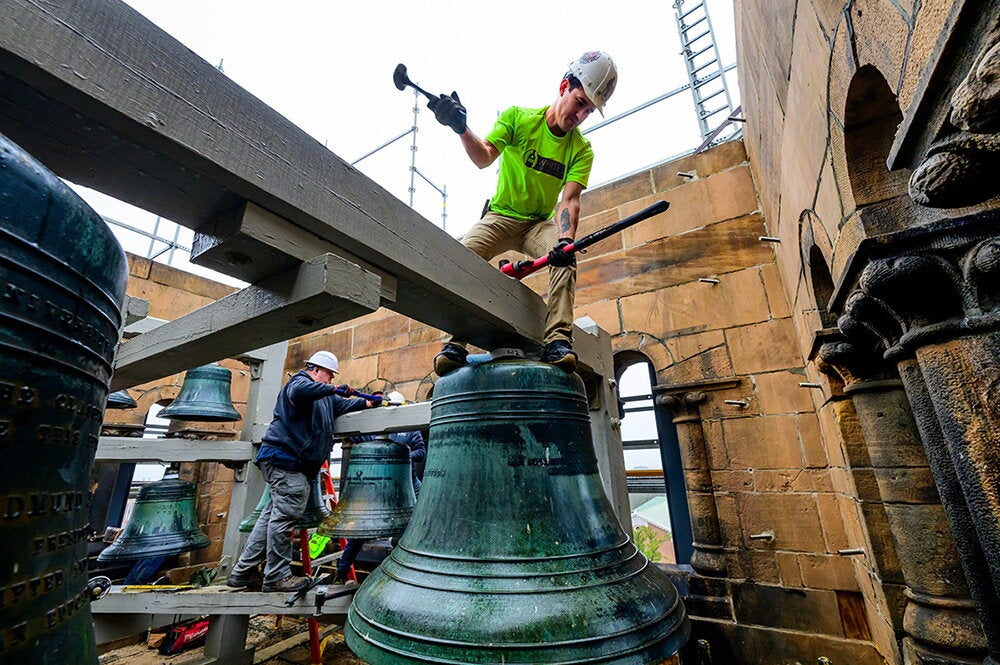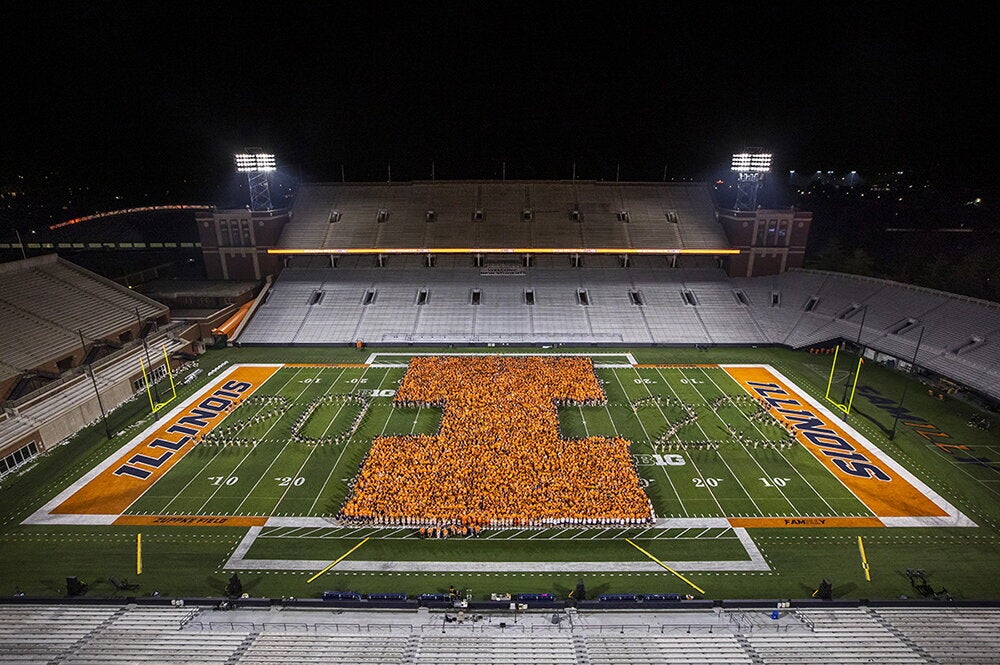

The time has come for university rankings, cheers, and controversy—and college football is still months away. U.S. News & World Report, however, has released its latest list of best graduate schools.
The College of Liberal Arts and Sciences fares well. Among graduate programs with new rankings this year (the magazine does not update all program rankings every year), the Department of Chemical and Biomolecular Engineering is tied for 10th amongst its peers in the nation, and mathematics is tied for 18th.
Mathematics's program in logic is tied for fourth in its subcategory, and its program in discrete mathematics and combinatorics is ranked ninth.
Other LAS programs have also been listed near the top in this year’s publication, though their rankings are carryovers from previous years, as they were not updated. They include psychology (tied for fifth among peer programs), chemistry (tied for seventh), English (tied for 19th), and history and political science (both tied for 22nd).
Critics of U.S. News & World Report take issue most pointedly with the magazine's reliance on peer assessments, which factor heavily—sometimes exclusively—in determining rankings. Critics have argued that such assessments favor established institutions, and overlook up-and-coming programs.
In the sciences, and social sciences and humanities categories, which encompass every ranked LAS program except for chemical and biomolecular engineering, the magazine ranking is based on surveys sent to department heads and directors of graduate studies (or a senior faculty member who teaches graduate students).
Engineering rankings are based upon other things such as GRE scores, acceptance rates, student to faculty ratio, faculty credentials, doctoral degrees awarded, and research activity, but 25 percent of the score is also based upon peer assessments, and 15 percent based upon recruiter assessments.
For their part, even programs that rank well note that accolades such as magazine rankings don’t tell the whole story. At LAS, for example, chemistry also ranked in the top 10 programs in the subcategories of analytic, inorganic, organic, physical, and theoretical chemistry—a feat that wasn’t necessarily weighed into the overall ranking.
"The overall rankings (in which the department was seventh) do not place any weight on breadth, which is outstanding here at Illinois," says Steve Zimmerman, professor and head of chemistry.
Regardless, no one denies that a good ranking serves as a significant boost—and rightly so, some would add. Psychology also ranks in the top 10 in the subcategories of developmental, industrial and organizational, cognitive, experimental, and social psychology. While these rankings don’t capture all of the department’s achievements, they at least serve as an indicator, according to David Irwin, professor and head of psychology.
"The rating by U.S. News and World Report is a testament to the quality of the department," he says. "It also helps the department recruit and retain the best faculty and graduate students in the field, which allows the department to provide its undergraduate majors with extensive exposure and cutting-edge research in classes and laboratories."
He adds: "It is also a source of justifiable pride among our many alumni."
LAS also favored well in U.S. News & World Report's undergraduate rankings, released last fall.


